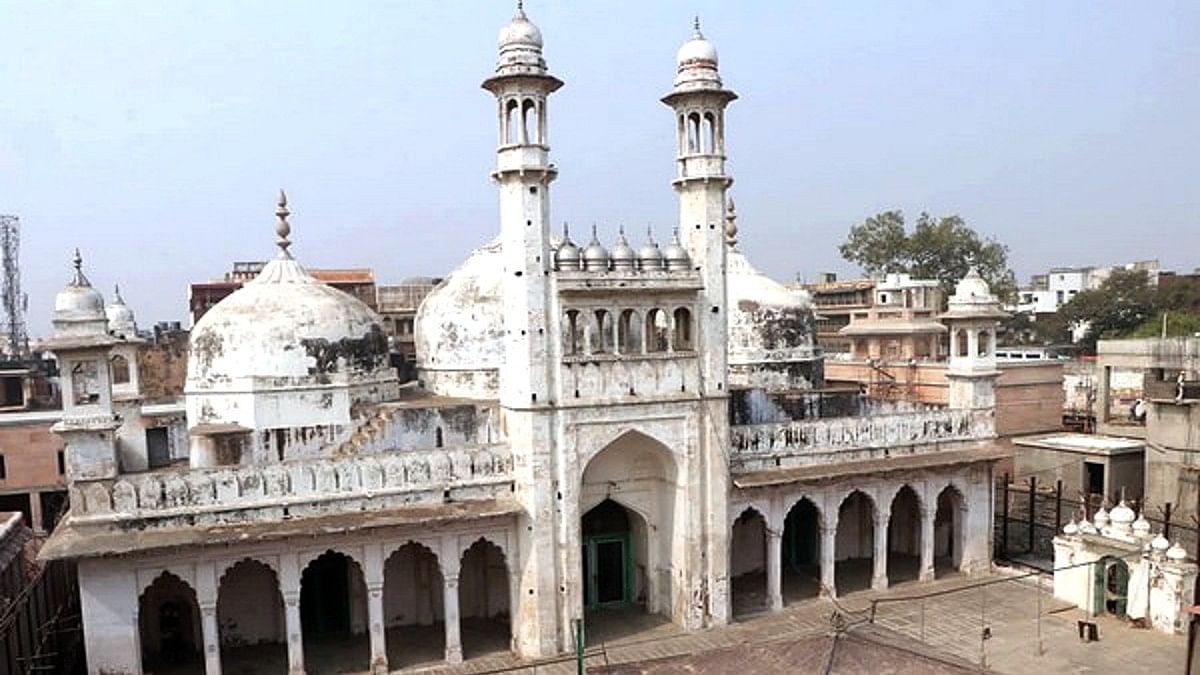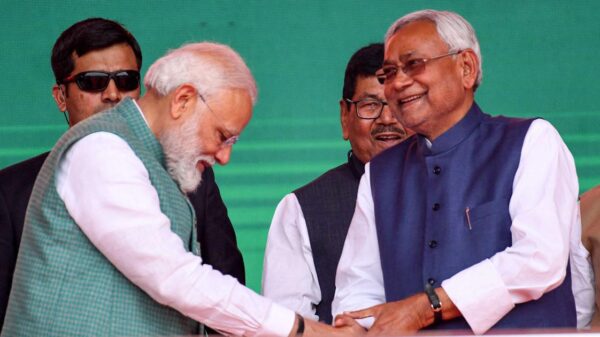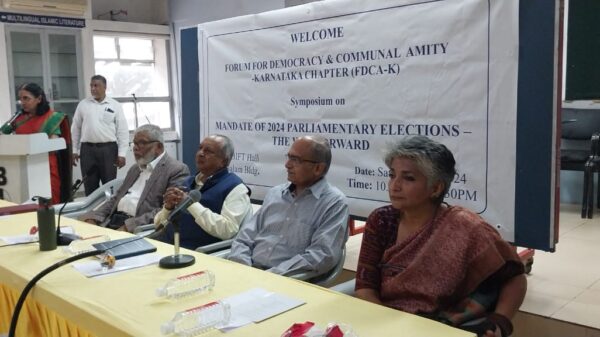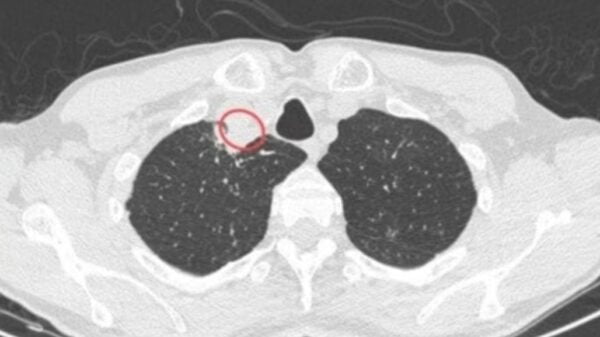The Varanasi court has granted permission to Hindu devotees to worship inside the sealed basement of the Gyanvapi mosque. This decision allows for prayers to be offered at ‘Vyas Ka Tekhana,’ a restricted area within the mosque premises. The court has instructed the district administration to facilitate the necessary arrangements for the ‘puja’ and has called upon the Shri Kashi Vishwanath Temple Trust to appoint a priest for the worship.
Full Story:
During the day’s hearing, the Varanasi court not only granted permission for Hindu devotees to perform prayers at ‘Vyas Ka Tekhana’ but also mandated the district administration to make suitable arrangements within the next seven days. Advocate Vishnu Shankar Jain, representing the Hindu side, emphasized that this decision grants everyone the right to conduct ‘puja’ within the specified area.
Comparing the recent order to a 1983 judgment by Justice KM Mohan in the Ram Mandir-Babri Masjid case, Advocate Vishnu Jain highlighted the historical significance. He recalled that the opening of locked doors of the Ram Mandir was ordered by Justice Krishna Mohan Pandey in 1983, and he sees the Varanasi court’s recent decision as equally historic.

Source: The Print
Expressing disappointment with the Varanasi court’s order, Maulana Khalid Rasheed, chairperson of the Islamic Centre of India, stated that the option to appeal to a higher court remains open. This indicates potential further legal proceedings to contest the decision.
The Varanasi court’s decision follows a plea filed in the Supreme Court by four women seeking excavation and a survey of the sealed mosque section. The plea was made in response to an Archaeological Survey of India (ASI) report suggesting the existence of a Hindu temple before the mosque’s construction. The women argue that the nature of the ‘Shivling’ can be determined through excavation and scientific methods.

Source: Siasat
The women plaintiffs contend that a proper investigation, including excavation and the use of scientific methods, is essential to determine the true nature of the ‘Shivling.’ The claim is based on the belief that a Hindu temple existed at the Gyanvapi mosque site, demolished in the 17th century on the orders of Mughal emperor Aurangzeb. However, this assertion is rejected by the Muslim side.












































































